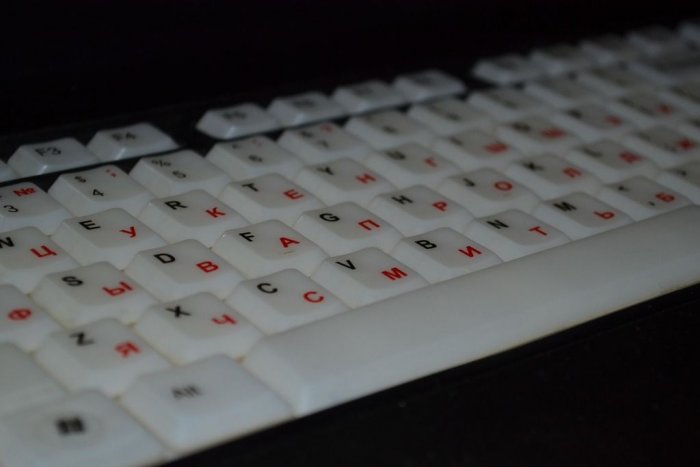Help

I visited Russia for the first time in 2013.
1. Learn Russian Grammar Through Massive Input
Renowned polyglot
“You cannot learn language from grammar, but you learn grammar from language”.
Put simply, you must learn Russian grammar by absorbing it from its natural context—the spoken and written language.
In fact, children start learning grammar mainly through listening (and later through reading), which they do for tens of thousands of hours.
This is called massive exposure, and in my opinion it's the key to mastering the grammar of any language, including Russian.
2. Learn to Type Using the Cyrillic Keyboard

At first glance, the most obvious challenge put forth by the Russian language is its alphabet.
Cyrillic, for example, has many letters that Latin scripts do not have, such as
In my opinion, the best way to do this is through learning to type using a Russian keyboard layout.
- Identify and read words faster
- Communicate quickly via text message
- Spell more accurately
- Pronounce words more accurately
A challenge of this keyboard is that the arrangement of letters does not correspond to the equivalent Latin-based keyboard layouts, which generally begin with
The phonetic layout is designed to mirror the popular QWERTY keyboard commonly used worldwide. Because of this, the keyboard begins with ЯВЕРТЫ (QWERTY), and follows the same pattern of other standard QWERTY layouts. This is the keyboard I used to learn Russian, and it is very easy to get used to.
3. Use the Language to Cultivate an Open Mind
There's one last thing I want to recommend to anyone who wishes to learn Russian, and it has to do with more than just the language itself:
Use Russian as a tool to cultivate an open mind, and learn more about the culture, lives, and experiences of Russian people.
I thought the same way, too, before I learned Russian, and before I set foot on Russian ground.
Eventually, I saw a completely different reality: Russians can be warm, friendly, and extremely hospitable.
If you can do this, the Russian language becomes more than just a language, but a key that can open the door to another world, just as it did for me.
No More Fear to Learn Russian
Russian may seem like an intimidating, or even "impossible-to-learn" language, but the reality is actually quite different.
Despite being a complex language, Russian can be learned using special strategies that make it much more easily digestible.
Begin by learning the alphabet through typing. Then, focus on massive input so that the complexities of the grammar are gradually revealed to you.
Before we go, I have a question for you:
Are you learning Russian? Are you worried that, despite all this advice, you still don't have what it takes to tackle the language?
If so, then hop on a call with me! As a language coach, I've spent several years helping language learners master the Russian language, and you can be my next success story.
At last,
We also recommend this book (Russian For Dummies) if you are new to Russian. It has great reviews on
Related topics:
- What are the best songs to learn English?
- How to learn more than one language at the same time
- Is living in-country strictly necessary to learn a foreign language?
- How to use American capitalization right?
Comments
 1
1
 5
All
5
All
 | dpcNovember 2021 I agree, massive immersion is super important, and often much more helpful than massive memorization! |
 English
English | KarledsoJune 2021 thank you for advices, I hope this will me with Russian language. |
 English
English | AIetApril 2021 This article is really good. You did a great job! 👍🏾 |
 English
English | Vlad_VoloJanuary 2021 Like native Russian speaker I can suggest this article for people who want to learn Russian language and any other Cyrillic based languages. |
 English
English | XopheNovember 2020
Instead, you might want to use an on-screen virtual keyboard (e.g. Florence) and set a shortcut to show and hide it — I use left-shift + right-ctrl for just that, and both shift keys to cycle through layouts. |
 English
English
vincentNovember 2020 good tip, thanks Xophe














































 Source: Written by Luca Lampariello
Source: Written by Luca Lampariello